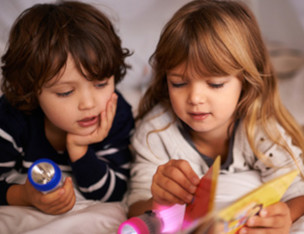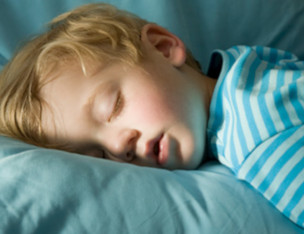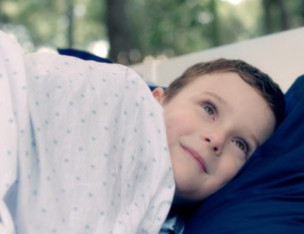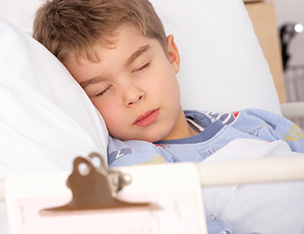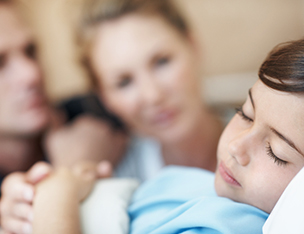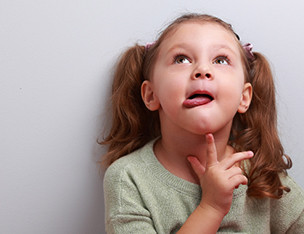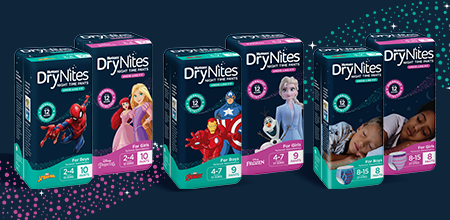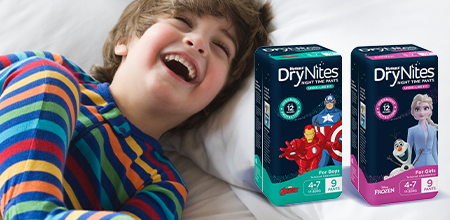When should you seek advice for Primary Nocturnal Enuresis?
If a child has always wet the bed, it is usually a sign that their bladder and their nervous system simply needs more time to develop. It is perfectly normal for children to continue to wet the bed years after they have successfully completed their day time toilet training.
This said, it is recommended to consult your GP if:
- Your child is older than 6 years old and wets the bed twice a week or more
- You notice that bedwetting is starting to have a negative impact on their relationships, self-confidence and overall emotional wellbeing
- Your child is visibly distressed or disturbed by wetting the bed
- They begin to wet their pants during the day
- You notice any other physical or emotional disturbances of any kind
If in doubt, it is always recommended to see your doctor for advice. Even if it is just for peace of mind. Once you have gotten the all clear from your doctor, a successful management plan is your next port of call.
Although it can be a challenging time for children and parents, with your loving support, reassurance and some practical tools to stay dry at night, your child will see that bedwetting is just a common phase that they will naturally grow out of.
When should you seek advice for Secondary Nocturnal Enuresis?
If your child is experiencing secondary bedwetting, it is recommended to book an appointment with your GP right away.
Although the majority of cases of secondary bedwetting are caused by emotional stress or a psychological trauma, it is important to first rule out any physical causes.
There are several medical conditions that have been known to cause secondary enuresis including constipation, urinary tract infection (UTI), obstructive sleep apnea (OSA) and juvenile diabetes.
Symptoms for these conditions include:
- Urinary tract infection (UTI): your child may report an uncomfortable, stinging or burning feeling when going to the toilet, their urine may be cloudy or have taken on a strong odour or they may be urinating more frequently during the day as well as night. Other symptoms include fever, chills, pain in the back or side, severe tiredness and vomiting.
- Diabetes: frequent urination is also a symptom of type 1 diabetes. Other symptoms include excessive thirst, tiredness, blurred vision and weight loss even though your child may have a healthy appetite.
- Constipation: your child complaining that it hurts when they do a poo, showing signs of holding on, tummy pain, crossing their legs or avoiding going to the toilet. Other symptoms include not having done a poo for seven days and/or soiling their pants.
- Obstructive Sleep Apnea: loud snoring, pauses in breathing and difficulty breathing during sleep. Your child may be tired, have headaches throughout the day or show a loss of appetite.
A secondary bedwetting phase can also be triggered by stress, anxiety, depression, or a one-off event that has unsettled your child. So once you have ruled out any physical conditions, it is wise to seek support from a GP, child psychologist or behaviour specialist to identify any emotional or psychological factors that may be the cause.


